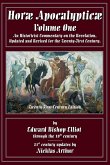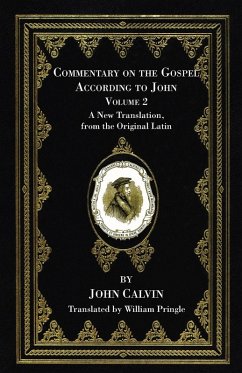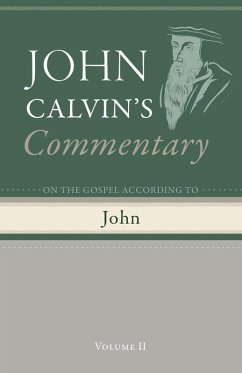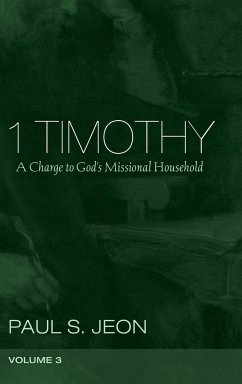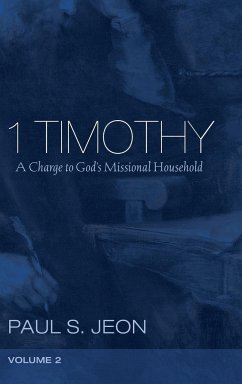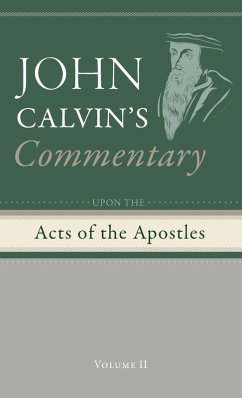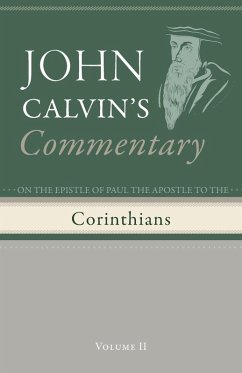In the Revelation Jesus speaks directly to John: "Write the things which thou hast seen, and the things which are, and the things which shall be hereafter;" The Revelation is not about "the things that were" or the past, at the time it was written. If this book is primarily about the future from the time of John receiving the Revelation, then we must consider that much of the things which shall be hereafter having commenced shortly thereafter, would now, in our time, 1900 years later, have already happened over that span of time, and can be found in history. The first three chapters of the Revelation relate to the things which are, at the time of writing by St. John. The epistles should be read and understood by the plain reading of the text. Chapters four and five concern things otherworldly: a glimpse into the heavenly realm and the drama about unsealing the book of future things. Chapters six through nineteen concern the future history unsealed by the Lamb or Jesus, the things which shall be Hereafter. It is explicitly stated that it is about "things which must shortly come to pass" - future things which would begin, or commence almost immediately upon the completion of the Revelation to St. John. Historicism is the method of interpretation that actually developed out of the Protestant Reformation, that is the reason why, to quote one critic, the "view was so widely held, that for a long time it was called the Protestant view." That alone should pique interest to a deeper study of the view. The Council of Trent and Counter-Reformation has been most instrumental and very successful in suppressing this Protestant view for the past two centuries, so much so that it can be easily ridiculed even by so-called Protestants, who have forgotten why they are called protestant, if ever they even knew or considered the meaning of the Reformed Protest Against the Biblical and Historical Antichrist. This edition brings the nearly 170 years of history that has followed E. B. Elliot's 5th edition into view with updates and revisions necessary to the same method of interpretation employed by the original work, with what conclusions we believe the original author would have come to if he could have seen what history has unfolded since.
Hinweis: Dieser Artikel kann nur an eine deutsche Lieferadresse ausgeliefert werden.
Hinweis: Dieser Artikel kann nur an eine deutsche Lieferadresse ausgeliefert werden.


